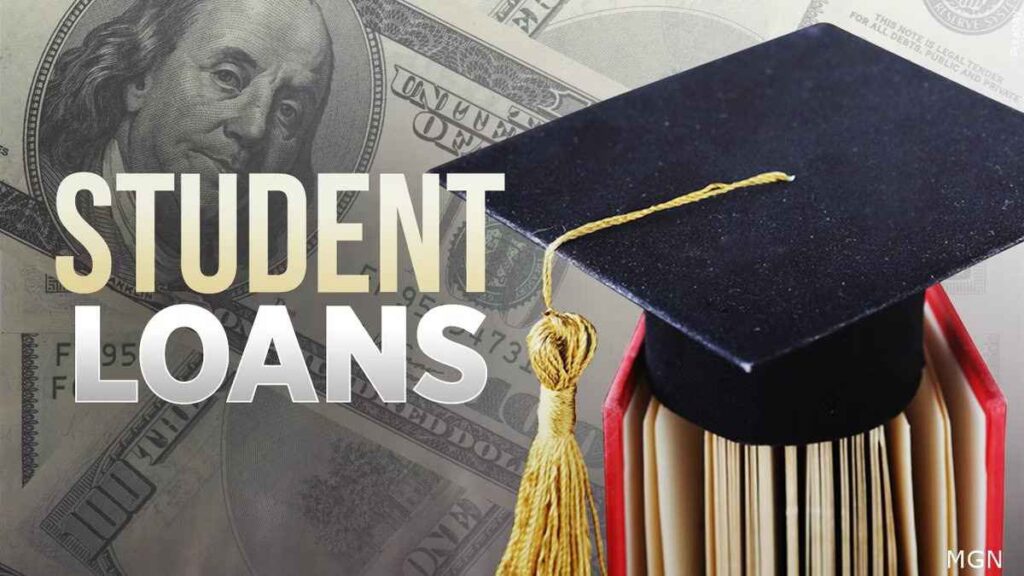Pursuing higher education often comes with a hefty price tag. For many students, student loans are a necessity to cover tuition, books, and living expenses. However, understanding the intricacies of student loans is crucial before taking on this financial responsibility.
This article aims to demystify student loans by explaining what they are, the various types, how to apply for them, repayment options, and even the possibility of loan forgiveness.

What are Student Loans?
Student loans are financial instruments designed to help students and their families pay for higher education expenses. These loans are offered by the government, private lenders, or institutions, and they are typically repaid with interest after the student graduates or leaves school. The fundamental concept of student loans is to make education accessible to a broader range of students, as the cost of tuition continues to rise.
Types of Student Loans
- Federal Student Loans: These loans are offered by the U.S. Department of Education and include:
- Direct Subsidized Loans: Interest is paid by the government while the student is in school.
- Direct Unsubsidized Loans: Interest accrues while the student is in school but can be deferred.
- Direct PLUS Loans: These are for parents of dependent students and graduate students.
- Private Student Loans: These are provided by private lenders, such as banks or credit unions. Interest rates and terms can vary significantly based on the lender’s policies and the borrower’s creditworthiness.
- State Student Loans: Some states offer their own loan programs with unique terms and conditions.

How to Apply for Student Loans
To apply for federal student loans, follow these steps:
- Complete the Free Application for Federal Student Aid (FAFSA): This form determines your eligibility for federal financial aid, including grants and loans.
- Review Your Financial Aid Offer: Once your school receives your FAFSA, they will send you a financial aid offer detailing the types and amounts of aid you are eligible to receive.
- Accept Your Loans: If you decide to accept the loans offered, you’ll need to sign a Master Promissory Note (MPN) and complete entrance counseling.
- Disbursement: The school applies the loan funds to your tuition, fees, and other school charges. Any remaining funds are given to you to cover living expenses.
For private and state student loans, the application process varies by lender but typically involves submitting an application, undergoing a credit check, and potentially having a cosigner.
Student Loan Repayment Options
Repaying student loans is a significant concern for graduates. Federal student loans offer several repayment plans:
- Standard Repayment Plan: Fixed payments over 10 years.
- Income-Driven Repayment Plans: Payments based on your income and family size.
- Graduated Repayment Plan: Payments start lower and increase every two years.
- Extended Repayment Plan: Payments can be fixed or graduated, with a term up to 25 years.
Private lenders offer their repayment options, which can vary widely.
Student Loan Forgiveness Programs
Some graduates may qualify for loan forgiveness programs. The Public Service Loan Forgiveness (PSLF) program is available for those working in the public sector who make 120 qualifying payments. Teacher Loan Forgiveness, Income-Driven Repayment Plan Forgiveness, and other programs are also available.

Understanding student loans is essential for making informed decisions about higher education financing. It’s crucial to research and evaluate your options, including federal, private, or state loans, and consider how your repayment plan might affect your financial future.
Being aware of loan forgiveness programs can also provide relief for those in specific career paths. By mastering the basics of student loans, you can pave the way to a more financially secure and informed educational journey.

